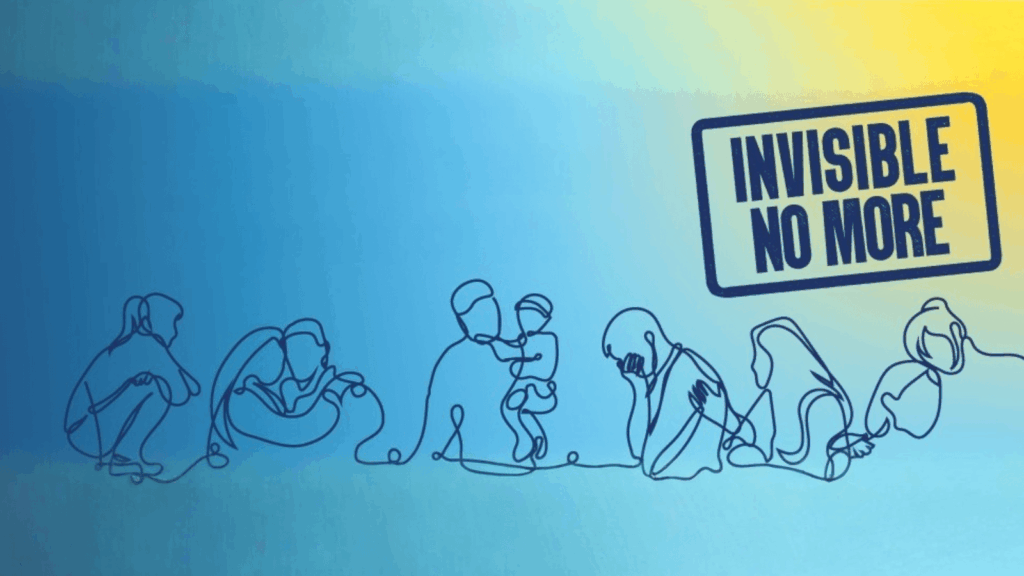European co-operation remains a necessity
As a European network of 61 national and regional organisations operating across 33 European countries, regions and territories Eurodiaconia is well-placed to testify to the value of cross-border cooperation that makes Europe work during a time of multiple crises. Today on Europe Day 2025, we wish to salute our members and acknowledge their efforts in delivering social services to the most vulnerable in Europe. Today we amplify their advocacy for social justice across the continent in these tumultuous times.
In times of uncertainty, and given today’s geopolitical and economic landscape, European co-operation remains a necessity whether it be exchanging best practices, learning from each other, or addressing trans-national social challenges. Our members and their services are today in their period of greatest demand.
War in Ukraine
It is now more than three years since the Russian invasion of Ukraine, and the subsequent activation of the Temporary Protection Directive to provide a safe pathway to more than 4.3 million people forced to flee. The TPD is a powerful demonstration of the EU’s unity and solidarity in the face of a humanitarian crisis, but its current expiration date of March 2026 looms large. Eurodiaconia calls for continued solidarity and long-term solutions for all displaced refugees from Ukraine.
Crisis Response
Unfortunately, war in Ukraine is not the only crisis. Our members are increasingly central to social recovery, civil protection and crisis response, with services deeply embedded across the continent. A recent brief entitled The Role of Diaconal Organisations in Enhancing Europe’s Crisis Preparedness and Response explains how diaconal organisations work closely with victims of disasters, ensuring that support reaches those most in need during these critical moments. Since Europe Day last year, our members played a frontline role in the aftermath of climate disasters in Austria, Czech Republic, Poland, Romania, Slovakia, Hungary, and Spain. Our members have roots in local communities ensuring their engagement beyond the short-term. They will be there should they be called upon.
Age-old issues
As Europe faces multiple overlapping challenges, from humanitarian crises to long-term social shifts, another pressing issue demands attention; Europeans are living longer than ever. The proportion of people of working age in the EU is shrinking, while the number of older people is expanding; this pattern will continue in the next couple of decades, as the post-war baby-boom generation completes its move into retirement1. With the growing demand for elderly care services across Europe, Eurodiaconia’s report calls on EU policymakers, Member States, and other stakeholders to prioritise the rights and social inclusion of migrant care workers. It is crucial that decisionmakers recognise our migrant care workers for their contributions, treated fairly, and provided adequate support.
With Europeans living longer, how and where we live is also pertinent. Again, there are worrying trends in the areas of housing and homelessness where rising housing costs (and energy costs) disproportionately impact low-income and vulnerable groups. While the definitions of the term ‘housing crisis’ may vary, our members are seeing many European countries battling to address housing scarcity and affordability. Again, Eurodiaconia’s members are at the forefront of supporting those affected. They run homeless shelters, implement innovative approaches such as Housing First, and enforce homelessness prevention measures for families and individuals.
As we mark Europe Day 2025, sustained solidarity, inclusive policies, and resilient social services will be essential to navigating the challenges ahead. Eurodiaconia and our members stand ready to contribute to a stronger, more just Europe where every contribution is valued.
_________
1 Ageing Europe – statistics on population developments – Statistics Explained – Eurostat (2025)



